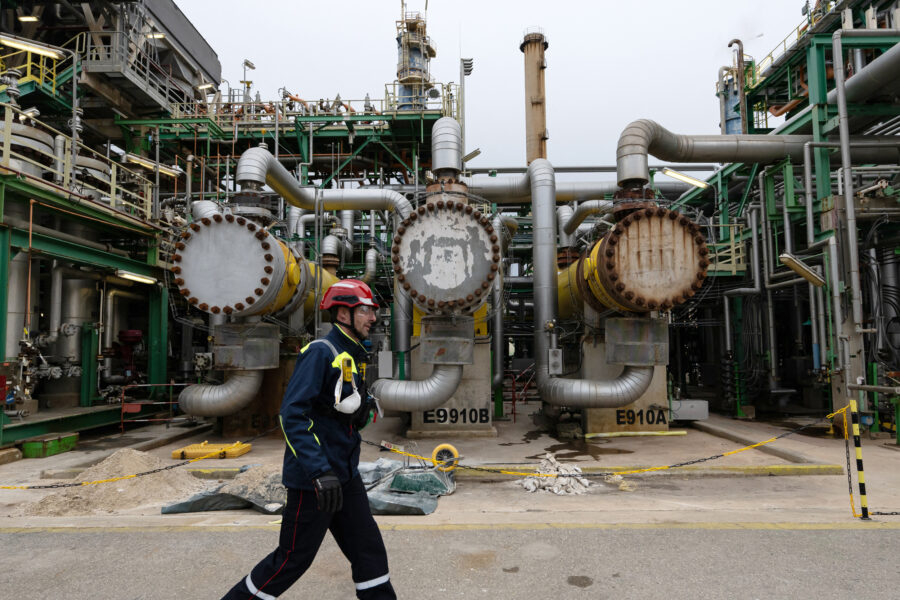Editor's note: This is the second of several articles on American oil companies and whether their track records on shareholder resolutions on climate change expose them to legal liabilities. Read the first story.
InsideClimate News reviewed 25 years' worth of shareholder proposals at the three largest U.S. oil companies—ExxonMobil, Chevron and ConocoPhillips—to see how they responded to investor concerns about climate change.
The examination showed that investors submitted more than 100 climate-related resolutions to prod the companies to acknowledge and quantify the climate risks they face. The measures asked the oil companies to set goals for cutting carbon emissions and take steps to assure their survival in a low-carbon future, among other things. Shareholders voted on 83 of the resolutions, but none of them won the majority vote necessary to pass.
Read the main story, Exxon's Gamble: 25 Years of Rejecting Shareholder Concerns on Climate Change
Investors in ExxonMobil, the biggest and richest of the oil giants, were the most active. Over the last two decades, they sought meetings, sent letters and wrote 62 resolutions about climate change. Exxon has rejected all the proposals and done little to ease their concerns. The company did not respond to requests for comment.
Here is a look at the climate change tug-of-war between Exxon and some of its institutional shareholders.
About This Story
Perhaps you noticed: This story, like all the news we publish, is free to read. That’s because Inside Climate News is a 501c3 nonprofit organization. We do not charge a subscription fee, lock our news behind a paywall, or clutter our website with ads. We make our news on climate and the environment freely available to you and anyone who wants it.
That’s not all. We also share our news for free with scores of other media organizations around the country. Many of them can’t afford to do environmental journalism of their own. We’ve built bureaus from coast to coast to report local stories, collaborate with local newsrooms and co-publish articles so that this vital work is shared as widely as possible.
Two of us launched ICN in 2007. Six years later we earned a Pulitzer Prize for National Reporting, and now we run the oldest and largest dedicated climate newsroom in the nation. We tell the story in all its complexity. We hold polluters accountable. We expose environmental injustice. We debunk misinformation. We scrutinize solutions and inspire action.
Donations from readers like you fund every aspect of what we do. If you don’t already, will you support our ongoing work, our reporting on the biggest crisis facing our planet, and help us reach even more readers in more places?
Please take a moment to make a tax-deductible donation. Every one of them makes a difference.
Thank you,







